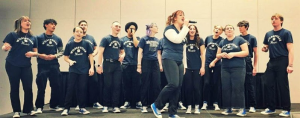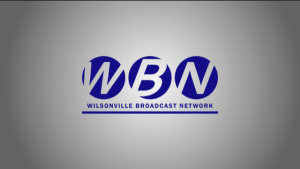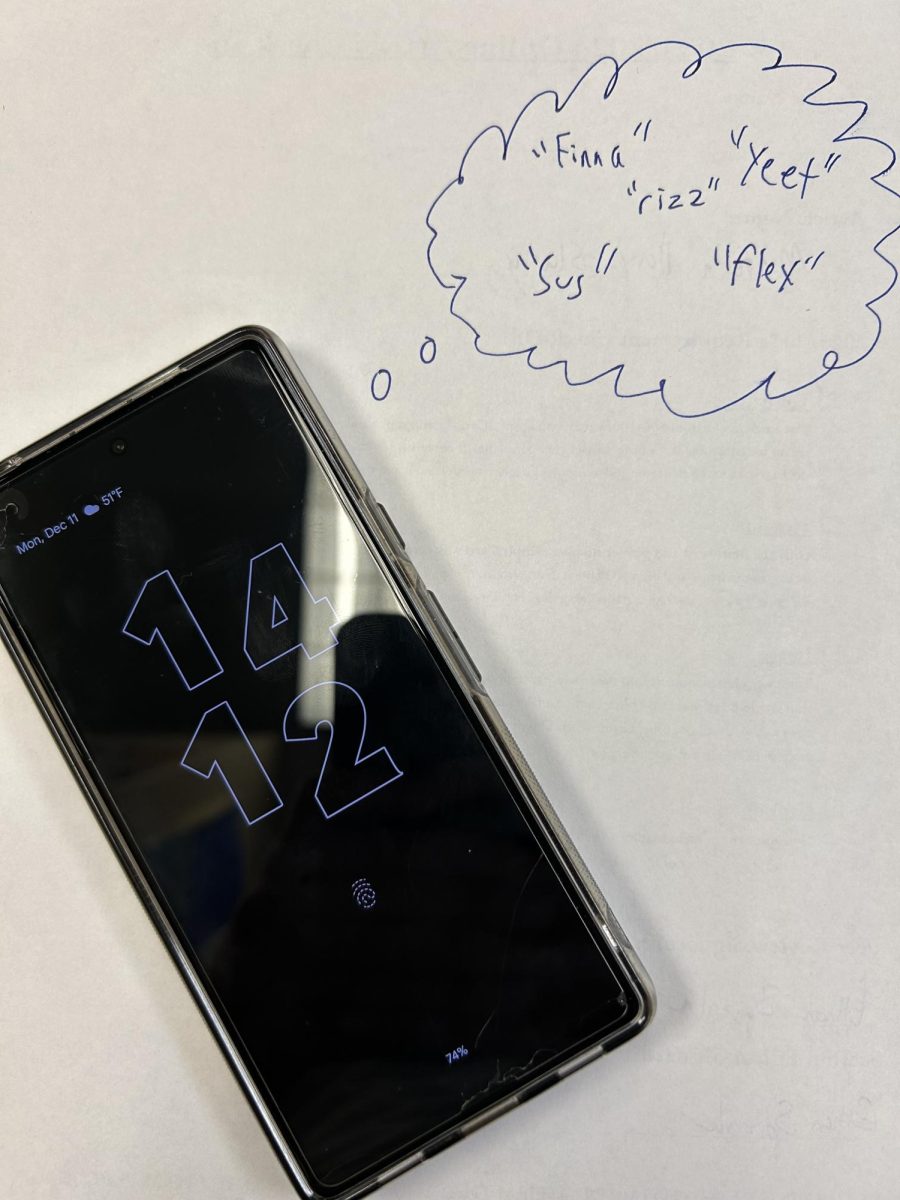A topic that the next generation always has trouble explaining to the past generation is modern-day slang. Most parents are confused when hearing words like “lit”, “finna”, or “sus”, words that are finding commonplace in today’s youth conversations.
Slang gets thrown into music and entertainment while deriving itself from all kinds of origins, such as sports, video games, or TV shows. And just like the origins it may derive from, they may age like fine wine or turn stale like bread and be bestowed with the title “cringe.”
Jacob Alewine, a junior, upon being asked about his least favorite slang word, instantly came up with the word rizz. He expressed that the word should’ve phased out of use the second elementary schoolers started saying rizz.
Jasmine Brown, a senior, also voiced her opinion for the disliking of the word “lit.” She claimed, word for word, “Man, the word lit really sucks.”
Although it doesn’t always describe a cringe-worthy word, slang words can be used to express hostility, excitement, and frustration. Slang isn’t just the word that middle schoolers say for two weeks and then forget about the phrase entirely.
However, slang is not necessarily all going to go stale and be words that irritate you just hearing them. In fact, you’d be surprised what words are slang words or, in some cases, slang phrases. Words like “I’m beat” to indicate you’re tired and “couch potato” for an avid television watcher are also slang words.
Slang will shift and adapt as we age, and who knows what word the next generation will come up with? Will our generation be able to make sense of it? How long will our current slang stay hip in today’s vernacular? Or will we fall behind the fast-moving curve like the eldest of our current generation do now?





